TABLES at Gaia, one of the hottest dining spots in Dubai, are booked two weeks in advance and the crush of businesspeople emerging from surrounding offices keeps staff on their toes.
“Every day feels like a Friday” said Evgeny Kuzin, chairman and co-founder of Bulldozer Group, which owns and runs several restaurants including Gaia. They’ve been hiring staff to keep up with renewed demand.
As infection rates in Europe explode and governments tighten restrictions once more, Dubai’s economy is rebounding faster than expected. Property sales are at decade highs, and streets so choked with traffic it’s hard to find an empty taxi.
Postponed as COVID-19 swept the globe last year, Expo 2020, one of the world’s biggest in-person events since the pandemic, is now in full swing, attracting both Dubai residents and visitors fleeing new lockdowns that have sparked unrest in Austria, the Netherlands and other European nations.
The United Arab Emirates, of which Dubai is a part, has so far avoided a new wave. About 90% of its population is fully vaccinated and high-risk individuals are being offered boosters. The economy’s been open for months but new cases have held below 100 a day since October. Deaths are rare, helped by a relatively young population and well-equipped health system.
“The recovery has been faster than we expected,” said Scott Livermore, chief economist for Oxford Economics Middle East in Dubai, who’s raised his growth forecast by about 1 percentage point to 5% for 2021. “Expo has played a role in that but also the success Dubai has had in avoiding a Delta wave that has allowed the domestic economy to pretty much get back to normal.”
‘FASTER THAN EXPECTED’
It’s a far cry from last year, when Dubai’s government, like many around the world, shut down the city to stop the spread of COVID-19. Even when things started to open up, people were reluctant to go out amid strict social distancing rules. Many five-star restaurants opted for home deliveries to stay afloat. Others closed.
Heavily dependent on tourism, Dubai’s economy contracted 11% last year. Its flagship airline, Emirates, halted flights, laid off employees and cut salaries as the world’s busiest international airport fell silent.
Footfall in restaurants, cafes, shopping malls and movie theaters started rising toward the end of September after declining through the year, according to Google mobility data. The uptick’s gathered pace since Expo opened.
Preliminary data showed October’s hotel occupancy rates at nearly 82%. That’s a 60% increase from a year ago and about 6% higher than 2019’s like-for-like levels, data from research firm STR Global show.
Non-oil business activity jumped to a two-year high in October, helped by optimism around Expo, according to IHS Markit’s Purchasing Managers’ Index. The exhibition has attracted more than 2 million visitors so far and runs until end-March.
“For the first time in a long time — since 2015 at least — there is a strong feel-good factor in the hospitality market in Dubai,” said Philip Wooller, Middle East and Africa director at STR Global.
‘END OF A DOWNTURN?’
The rebound is partly driven by the rising price of oil, whose ebbs and flows are powerfully felt in Dubai’s property market, another big contributor to the economy. Real estate prices crashed more than a third from record highs in 2014, when crude prices collapsed, exacerbating a supply glut.
This year, home prices have risen at their fastest pace since 2015, with transaction volumes up 77% in August from a year earlier, and 56% from 2019 levels. But apartment rents have fallen 5% as construction continues, highlighting the fragility of a market that still owes much of its allure to Dubai’s status as a tax-free haven for the wealthy to park money.
There’s also the danger that the pandemic will catch up with the free-wheeling city. Dubai loosened restrictions last winter as vaccination levels rose, attracting tourists swapping lockdowns for winter sunshine. Cases soon spiked to 4,000 a day, forcing Dubai to impose new restrictions. A travel corridor with Britain was shut after the government faced criticism over holidaymakers spreading the disease.
Activity could also slow once Expo ends and the rest of the world opens up.
Growing competition from Saudi Arabia, which is rapidly opening up its economy and pitching itself as an investment center, has also emerged as a longer-term challenge for Dubai. As Expo got underway, so did Riyadh Season, a series of events and concerts that’s drawn thousands and made headlines.
“Saudi tourism will have a lot to offer,” said Monica Malik, chief economist at Abu Dhabi Commercial Bank. “But Dubai has an unmistakable buzz.” — Bloomberg

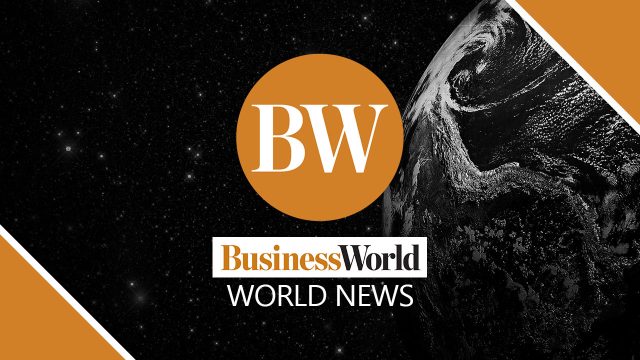
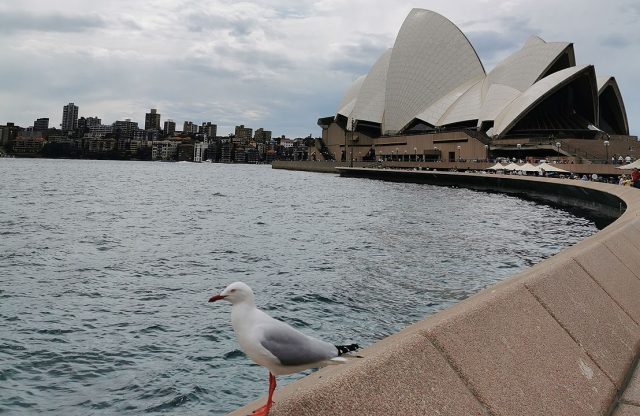
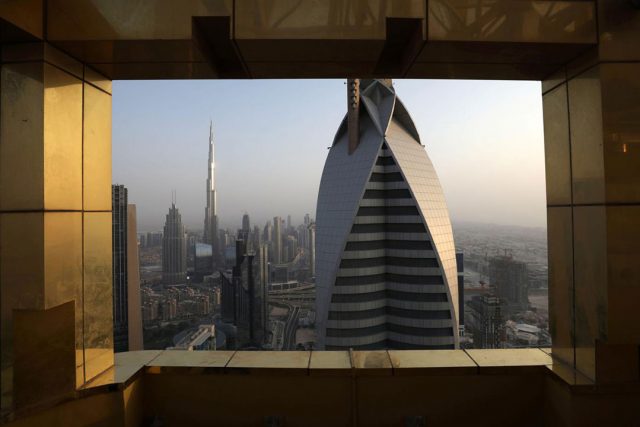

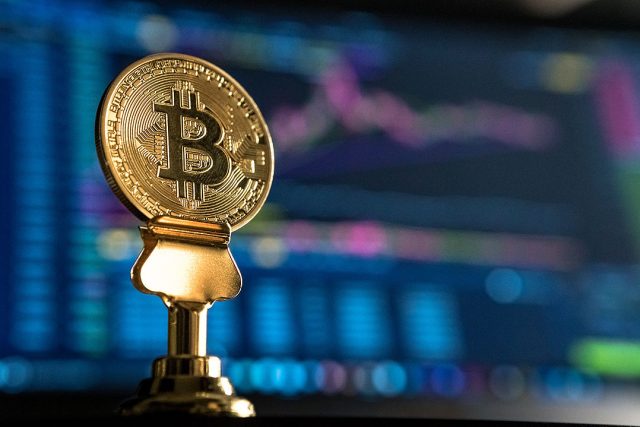

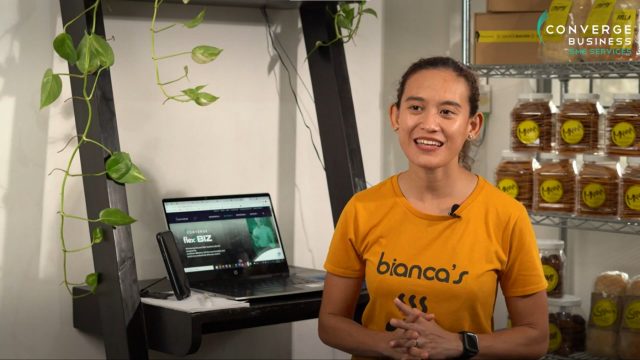






 A room spray and a disinfectant in one, BENCH/’s Air + Surface Disinfectant Spray is definitely on the top of our nice-to-gift list! It comes in Powder Power, Lavender Dreams, and Ring Around a Rosey scents that have a fresh aroma that lingers, but never overpowers. Plus points because it’s also available in travel-sized 60ml bottles, so you can disinfect on-the-go!
A room spray and a disinfectant in one, BENCH/’s Air + Surface Disinfectant Spray is definitely on the top of our nice-to-gift list! It comes in Powder Power, Lavender Dreams, and Ring Around a Rosey scents that have a fresh aroma that lingers, but never overpowers. Plus points because it’s also available in travel-sized 60ml bottles, so you can disinfect on-the-go! The perfect gift for the skindulgent friend who loves to give their skin a treat! This antibacterial hand and body wash from BENCH/ is infused with Argan Oil and Vitamin E for that smooth and moisturized feeling.
The perfect gift for the skindulgent friend who loves to give their skin a treat! This antibacterial hand and body wash from BENCH/ is infused with Argan Oil and Vitamin E for that smooth and moisturized feeling. This BENCH/ Alcogel skin sanitizer kills 99.9% of bacteria to keep skin clean and germ free. The non-sticky formulation and long term effectiveness makes this product an essential for friends and family who are always out and about their daily activities.
This BENCH/ Alcogel skin sanitizer kills 99.9% of bacteria to keep skin clean and germ free. The non-sticky formulation and long term effectiveness makes this product an essential for friends and family who are always out and about their daily activities. Christmas is among the celebrations where the kitchen is essential. Good thing this all-natural brew BENCH/ Clean Kitchen Sanitizer does an impressive job keeping kitchens, utensils, surfaces, and even fresh produce spick-and-span clean and germ free!
Christmas is among the celebrations where the kitchen is essential. Good thing this all-natural brew BENCH/ Clean Kitchen Sanitizer does an impressive job keeping kitchens, utensils, surfaces, and even fresh produce spick-and-span clean and germ free! This essential soap is perfect for the essential oil lover — or anyone for that matter! Why? With seven different uses (face, body, hair, shaving, dishes, surfaces, and washing fresh produce!), your giftee is sure to find this all-in-one lather useful.
This essential soap is perfect for the essential oil lover — or anyone for that matter! Why? With seven different uses (face, body, hair, shaving, dishes, surfaces, and washing fresh produce!), your giftee is sure to find this all-in-one lather useful.